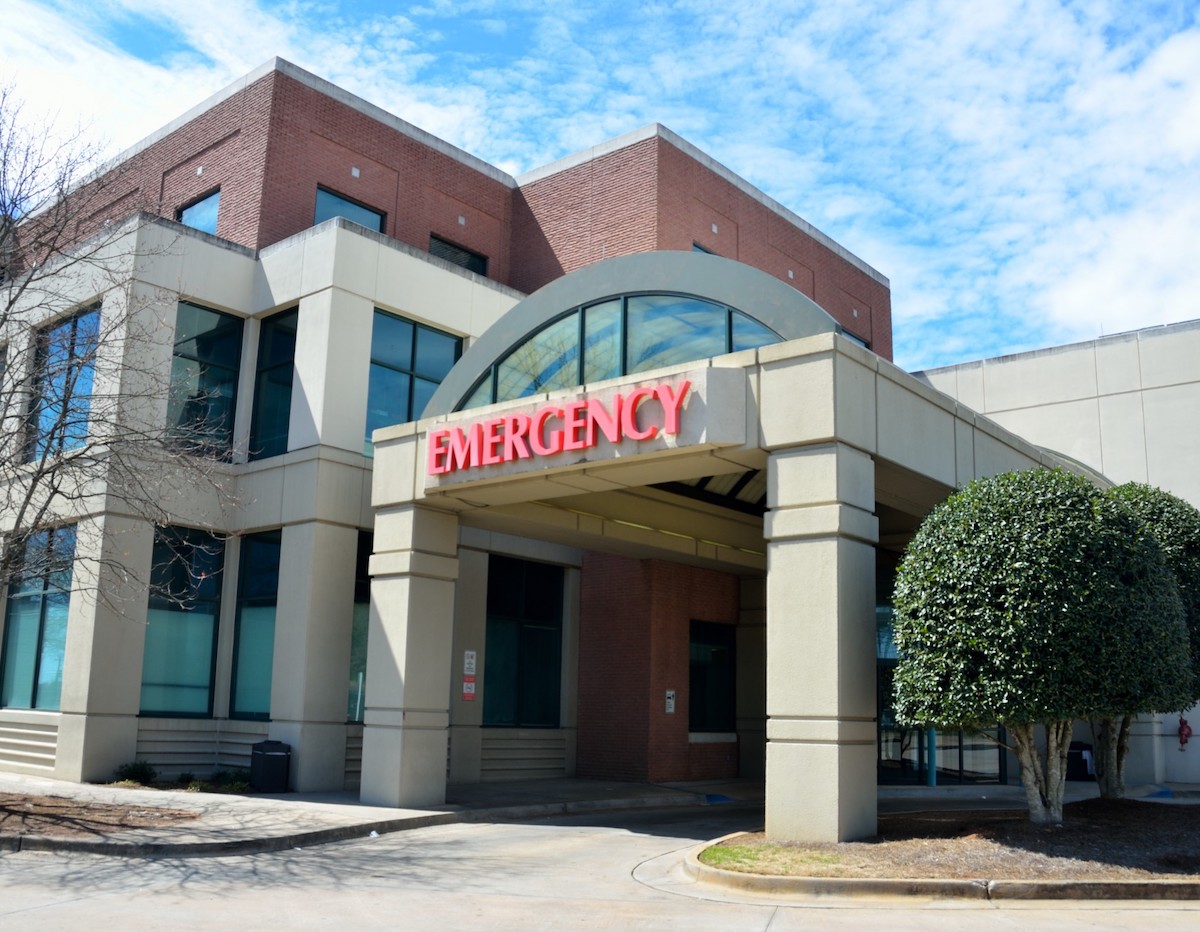
]Violence is a public health issue. But few know that there is a small, but significant expansion of health initiatives across the country that are addressing the needs of survivors of crime, violence, and trauma, in the wake of community violence – and helping to actually decrease crime.
Philadelphia, a pioneer in trauma-informed models of care, has a larger-than-life team of researchers, medical doctors, and other practitioners that have developed programs and initiatives that have transformed the ways in which the health system can work along with the justice system to heal violence.
Top among these innovative programs is the hospital-based program, “Healing Hurt People.” This program was designed by Dr. Ted Corbin and Dr. John Rich, Co-Directors of Drexel University’s Center for Nonviolence and Social Justice. It not only provides victims of gunshot wounds and other traumatic physical injuries with medical rehabilitation, but also provides trauma treatment and job readiness training to help survivors thrive. Since many homicides are a reaction to victimization, this program is helping to curb violence.
A study conducted out of The R. Adams Cowley Shock Trauma Center’s hospital-based program in Baltimore found that participants were half as likely to be convicted of any crime and four times less likely to be convicted of a violent crime following their participation in the program. Furthermore, participants were less likely to become re-victimized through a fatal injury. San Francisco General Hospital’s Trauma Recovery Center reports a successful return to employment (56%); reduction in homelessness (41%); and a significant cost savings to the state as it treats victims of crime.
At least 35 hospital-based programs exist across the country that address the trauma of crime survivors who are most likely to experience more violence, become justice-involved, or worse, become a homicide victim.
Why aren’t programs like these in every jurisdiction that needs them? EJUSA’s Trauma Advocacy Initiative supports a broader movement of survivors calling for responses to violence that serve victims, heal neighborhoods, and provide meaningful advancement for communities plagued by structural racism.



